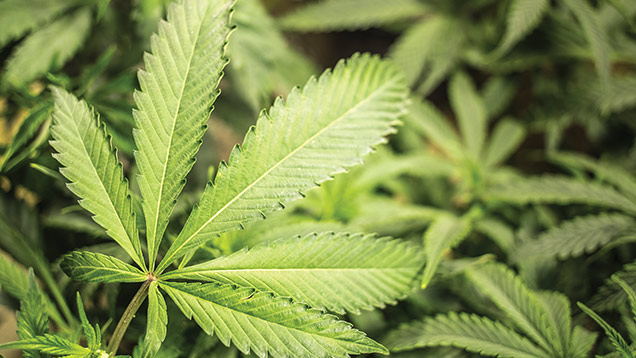The future of marijuana legalization is still hazy
 CREDIT: OPENRANGESTOCK / ISTOCK / THINKSTOCK
CREDIT: OPENRANGESTOCK / ISTOCK / THINKSTOCKMarijuana use does not have the same stigma attached to it that other drugs do, but that does not mean users should be careless when lighting up.
Marijuana is still considered an illegal substance in Ontario unless prescribed by a doctor for medical use, but that does not stop a large percentage of Canadians from lighting up.
According to a Statistics Canada report from 2012, 43 per cent of Canadians over the age of 15 have tried marijuana. Even with criminal penalties that range from a small fine to life imprisonment for trafficking, Canadians clearly are not deterred from smoking marijuana.
The national opinion of marijuana legalization is shifting; Liberal Party leader Justin Trudeau added the legalization of the drug to his campaign stance, polarizing the political landscape on a topic that Trudeau is hoping will get youth voters out to the polls on Oct. 19 for the federal election.
A conference organized by Not by Accident, a part of the Ontario Injury Prevention Resource Centre, gathered speakers to discuss the safety implications of the legalization of marijuana in Canada and what some of the consequences could be.
The speakers varied in professions with police officers, doctors and scientists adding their input to the discussion.
Dr. Michael Rieder, the director of Pediatric Pharmacology at the University of Western Ontario said the myth that marijuana is not harmful is false and that marijuana users should take the same precautions they would if they were to drink alcohol.
“Any substance taken recreationally requires a certain amount of caution because they all impair performance, they all impair judgement,” Rieder said. “So I think whether its drinking a bunch of beers with your buddies, smoking a joint, doing whatever you’re going to do recreationally, I think you should be cautious.”
The prohibition of alcohol in the early 1900s was unsuccessful, leading to underground criminal enterprises profiting from a policy that did not work. It appears that the criminalization of marijuana is following a similar pattern.
Just because marijuana is illegal does not mean people will not use it, and with Bill C-10 adding minimum sentencing for drug crimes many Canadians are imprisoned for a long time for something that is completely legal in other countries. Government policies that focus on decriminalizing recreational marijuana use while supporting public health and safety are the next steps according to some experts.
Dr. Benedikt Fischer, senior scientist at the Centre for Addiction and Mental Health, as well as a professor at the University of Toronto, is against the criminalization of the drug but urges legislators and marijuana users alike to pay attention to the risk factors.
“We [should] change the current approach from an approach of criminalization or prohibition to a public health informed and public health driven approach,” Fischer said.
As with the use of any recreational substance like alcohol or other drugs, safe usage should be emphasized. Fischer recommends staying away from intensive longterm use, to use moderate doses in safe settings, to never drive while high and to seek help if you begin to use marijuana compulsively or are neglecting other duties in your life.
“In essence, enjoy the drug, because that’s why most people use it, but avoid the known and documented risks and harms,” Fischer said.














